39 are labels required for non gmo products in the us
GMO food labels in the United States: Economic implications of the new ... The threshold for labeling of GE content. 0.9% GE content, by weight, has emerged as the leading standard as the threshold for labeling requirements or non-GE claims, used by the EU (on a per-ingredient basis) and the Non-GMO Project (on the basis of product weight). A lower threshold than 0.9% could create the awkward situation where a product ... How GMOs Are Regulated for Food and Plant Safety in the United States | FDA The Standard establishes requirements for labeling foods that humans eat that are or may be bioengineered and defines bioengineered foods as those that contain detectable genetic material that has...
Non-GMO labels are on the rise in Europe - but why? Alexander Hissting, managing director of the German Association of GM-free Food (Verband Lebensmittel ohne Gentechnik ) told FoodNavigator: "The necessity comes … from the loopholes in the current EU labelling regime for GM food and feed. Animal products like meat, milk and eggs do not have to be labelled as GM, even if the animals have been fed on a GM diet."

Are labels required for non gmo products in the us
Preparing for GMO labeling in 2022 - Food Business News Manufacturers will be required to label products containing GMOs by 2022. The standard mandates the use of the term "bioengineered" instead of "GMO" in disclosures. It also allows a 5% ingredient... GMO Foods Will Be Labeled 'Bioengineered' - Verywell Health Some states had their own rules while others didn't require the label at all. In 2014, Vermont was the first state to pass a GMO labeling law. However, the federal law that required the USDA to create a standard labeling requirement overrode the state law in Vermont two years later. The Truth Behind GMO Labeling | GMO Answers The non-GMO label means a food product contains fewer than 1% of genetically modified ingredients. Because of this, food labeled non-GMO is not legally considered GMO-free. GMOs (genetically modified organisms) are crops that have been created to produce more desirable traits. Non-GMO labels can differ in other countries.
Are labels required for non gmo products in the us. Product Labeling Regulations in the US, EU and Australia Labeling Requirements in the United States Country of Origin Most products sold in the United States must carry a Country of Origin label. If your products are manufactured in China, you may label your product as "Made in China". The country of origin must be clearly visible to the customer - either on the product itself, its packaging, or both. Everything you need to know about GMO labeling in 2020 What does GMO labeling mean for you? In the near future, you'll start to see GMO/BE foods labeled in a variety of ways. While companies aren't required to use the GMO label until January 1, 2022, you might start seeing the new labels sooner. Many companies have already started labeling their products and support this national labeling standard. The rule states, "bioengineered food … shall not be treated as safer than, or not as safe as, a non-bioengineered counterpart." GMO Labeling | OTA GMO Labeling. For years, the Organic Trade Association (OTA) has supported efforts to bring federal mandatory GMO labeling to the United States. On July 29, 2016 President Obama signed into law a federal labeling bill that recognizes, unequivocally, that USDA Certified Organic products qualify for non-GMO claims in the market place. Labeling of genetically modified products - United States Mission to ... All food products containing or consisting of GMOs, produced from GMOs or containing ingredients produced from GMOs must be labeled even if they no longer contain detectable traces of GMOs. The labeling requirement does not apply to foods containing GMOs in a proportion equal to or less than 0.9 percent of the food ingredients considered individually, provided their presence is adventitious or technically unavoidable.
BE Disclosure vs. Non-GMO Labeling | ESHA Research The Standard defines bioengineered foods as those that contain detectable genetic material, and says that "any intentional use of a bioengineered ingredient requires disclosure.". Non-GMO labeling, on the other hand, is a voluntary declaration indicating that a food does not contain any genetically modified organisms (GMOs). GMO Labeling Laws per Country - Global Food Safety Resource There is no mandated GMO labeling law in the US because the government believes that the nature of the product is more important than the production process. GM foods are seen to help eliminate food deserts, which are quickly becoming a problem in some US states. US is the leading producer of GM foods. Labeling of Genetically Modified Foods - 9.371 - Extension Therefore, there is no federal requirement for labeling food that contains GM ingredients. Bills and ballot initiatives requiring mandatory labeling have been introduced and voted on in several states. The first states to have approved some form of mandatory labeling are Connecticut, Maine, and Vermont. Why we need mandatory labeling of GMO products - STAT You might expect a company that creates GMO-based products would want the issue of labeling to disappear. We don't. In fact, we support mandatory labeling of all GMO products. Mandatory labeling is...
What You Need to Know About GMO Labeling - Consumer Reports Today in federal appeals court, the issue will be debated again. The Vermont Genetically Engineered Food Labeling Act requires that by July 2016 all food and beverages sold in the state—including... Guidance: Voluntary Labeling Food from Genetically Engineered Plants FDA is providing this guidance to assist food and feed manufacturers that wish to voluntarily label their plant-derived food products or ingredients (for humans or for animals) as having been made... USDA releases final GMO labeling rules - Alliance for Science December 20, 2018. The US Department of Agriculture has announced its final rule for labeling products made with genetically engineered (GMO) ingredients, which will now be called "bioengineered.". In a win for farmers, the new rule states that no disclosure is required on refined foods such as vegetable oils and sugar if the modified ... Non-GMO - Consumer Reports While the Department of Agriculture requires meat, poultry, and egg product producers to submit a copy of their label for approval if it includes a non-GMO claim, government employees approve this...
Non-GMO Production in Europe - ENGA Non-GMO Labelling Any non-GMO labelling must comply with strict requirements. The entire food and feed production process is checked to ensure the absence of GMOs - from seed to cultivation on the fields to processing and all the way to packaging, including the correct use of the non-GMO label.
Verification FAQs - The Non-GMO Project Non-GMO Project Verified is the fastest growing label in the natural products industry, representing over $26 billion in annual sales and more than 50,000 Verified products for over 3,000 brands. Non-GMO products are in demand and the Non-GMO Project Verified seal is the most trusted non-GMO label among consumers.

‘Non-GMO’ Fastest Growing Label in Natural Foods Industry 5 Consecutive Years | Dauntless Dialogue
US House mulls labeling for non-GMO food, feed The bill would also override any state laws that require the labeling. Under the legislation, the USDA would oversee the certification, as it does with organic foods. But while organic foods must be USDA-certified to carry any organic label on a package, the USDA non-GMO certification would not be required for every food that bills itself as ...
Mandatory GMO Labeling: Pros and Cons - TraceGains Genetically modified (GMO) - or bioengineered (BE) - food labeling remains a hotly debated topic. Admittedly, the facts can be confusing. For starters, it's a lot more prevalent than most consumers realize. According to the U.S. Department of Agriculture (USDA), up to 92% of corn has been bioengineered, 94% of soybeans, and 96% of cotton.
Understanding Non-GMO labeling - Kabrita USA This may mean that the pellets contain GMO ingredients, particularly if they are sourced from the US. Kabrita goats are fed a diet that is ~90% European Non-GMO grass or other Non-GMO feed such as soy or corn. The remaining 10% of the feed may come from pellets if supplementation is required. This does not impact the quality or Non-GMO status ...

Non-GMO Project label doesn’t mean product is non-GMO, Canadian Food Inspection Agency says ...
Final GMO labeling rule does not require labeling ... - FoodNavigator-USA Consumers can, however, rely on labels such as "Non-GMO Process Verified" which will tell them if a food does not contain GMO ingredients." Michael Hansen, senior staff scientist, Consumer ...
Non Gmo Labeling Regulations Fda Quick and Easy Solution Jul 04, 21 (Updated at: Jul 09, 21) Report Your Issue. Step 1. Go to Non Gmo Labeling Regulations Fda website using the links below. Step 2. Enter your Username and Password and click on Log In. Step 3. If there are any problems, here are some of our suggestions.
New USDA guidance requires foods with GMO ingredients be labeled ... Foods that had been labeled as containing "genetically modified organisms (GMOs)" will now be known as "bioengineered," or having been "derived from bioengineering," under standards set by the...
The Truth Behind GMO Labeling | GMO Answers The non-GMO label means a food product contains fewer than 1% of genetically modified ingredients. Because of this, food labeled non-GMO is not legally considered GMO-free. GMOs (genetically modified organisms) are crops that have been created to produce more desirable traits. Non-GMO labels can differ in other countries.
GMO Foods Will Be Labeled 'Bioengineered' - Verywell Health Some states had their own rules while others didn't require the label at all. In 2014, Vermont was the first state to pass a GMO labeling law. However, the federal law that required the USDA to create a standard labeling requirement overrode the state law in Vermont two years later.
Preparing for GMO labeling in 2022 - Food Business News Manufacturers will be required to label products containing GMOs by 2022. The standard mandates the use of the term "bioengineered" instead of "GMO" in disclosures. It also allows a 5% ingredient...
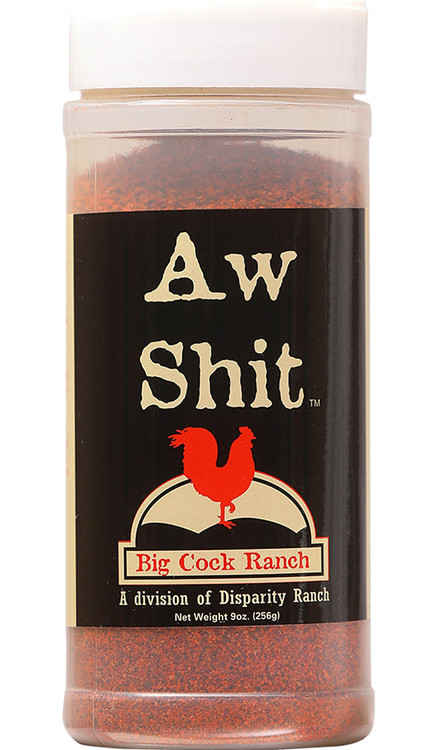
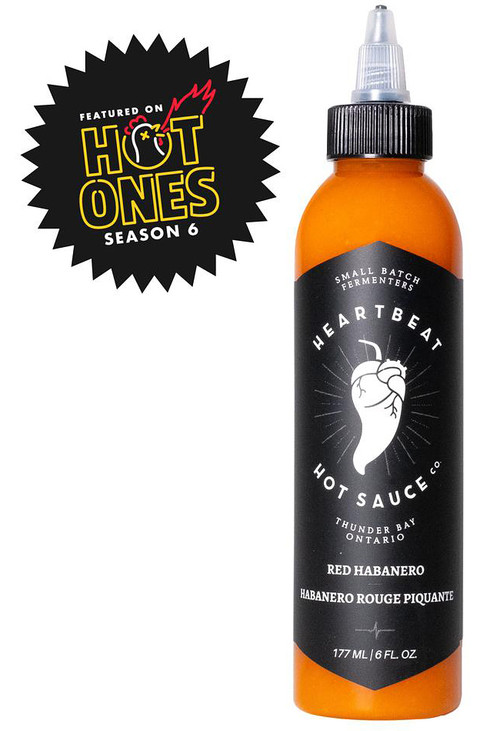
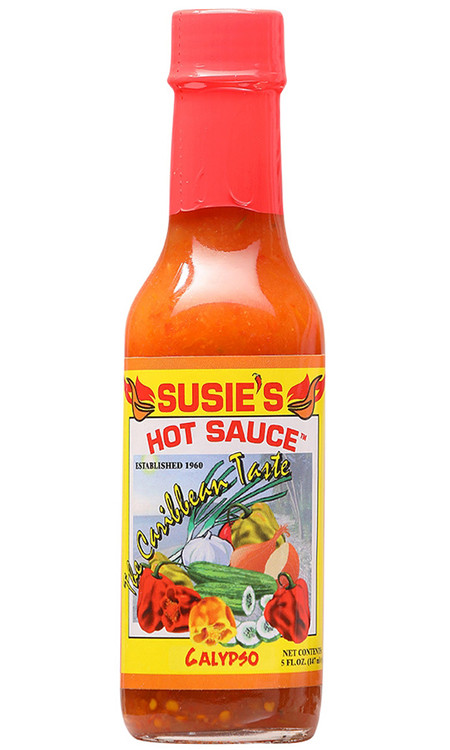



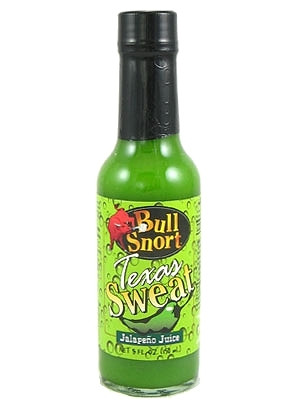
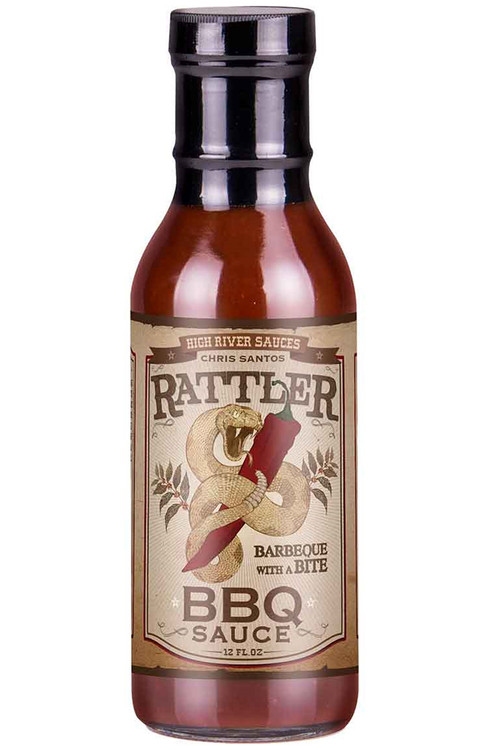


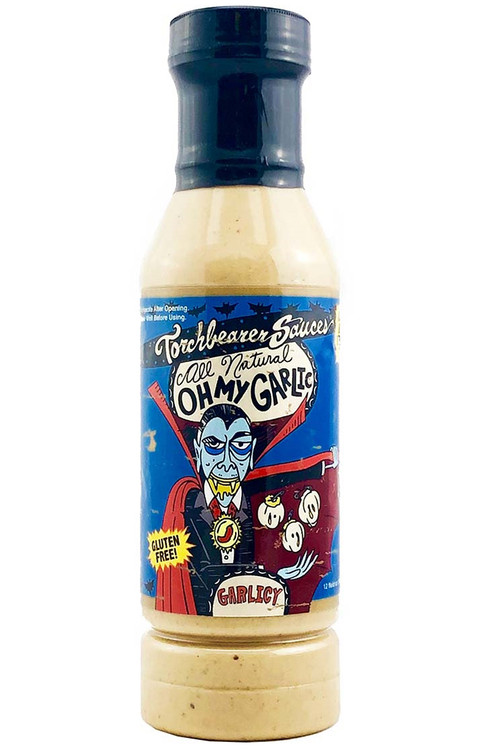
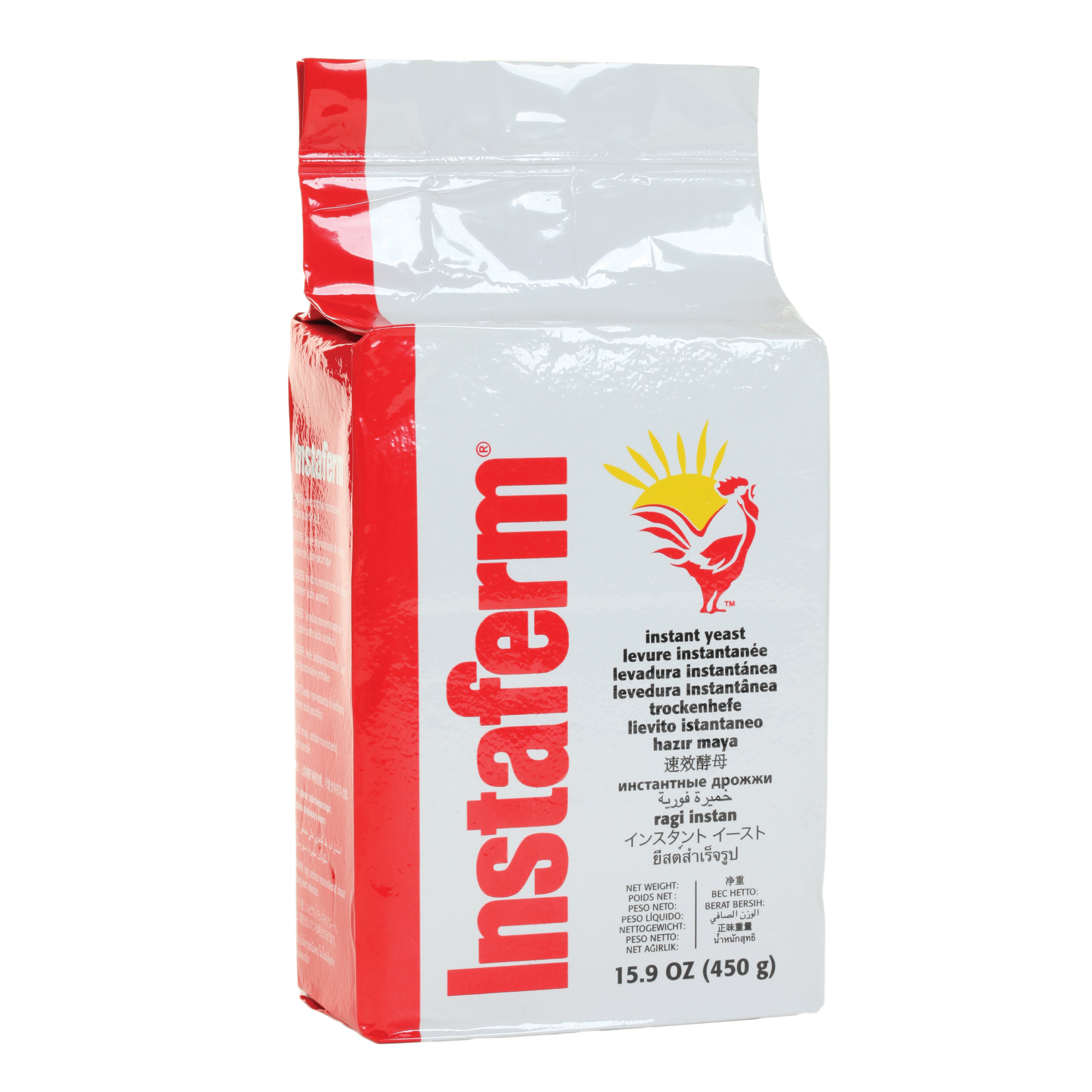
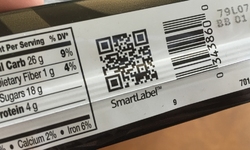
Post a Comment for "39 are labels required for non gmo products in the us"